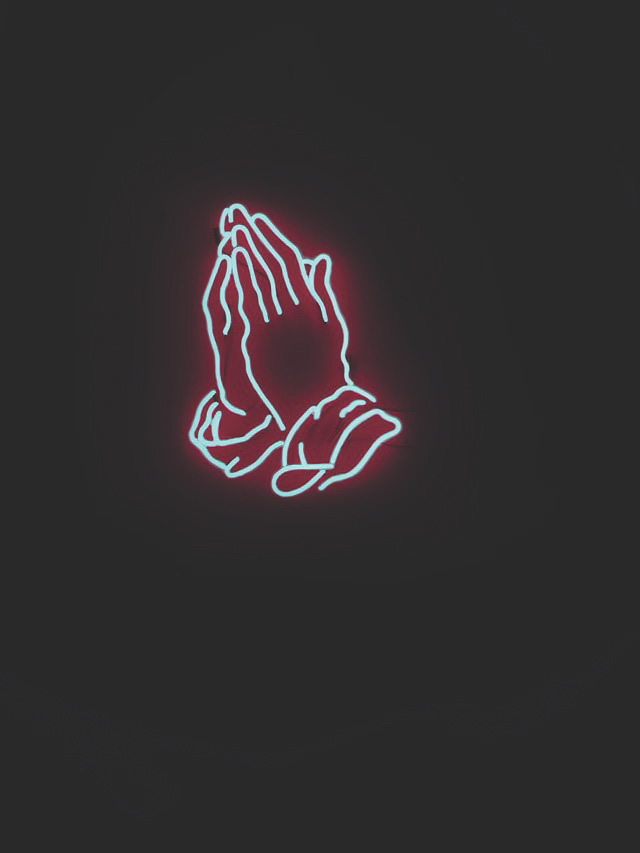“Spiritual but not religious” is a cliche in common parlance, which means people parrot the phrase but are usually unable to explain what they mean by it. “Not religious” means, of course, not Christian, the dominant faith in the West for the past two millennia, for it’s been 140 years since Nietzsche declared that “God is dead,” meaning no educated person in the modern world can believe in Judeo-Christian theism. And so Christianity continues to turn from wine to water, thinned out in a stream that flows from the River Jordan to the sea of irrelevance.
So much for the religious part. As for “spritual,” invoking this seems to suggest, “I know there’s some kind of higher reality, but I don’t understand it and so drift with the times, focused on social values and material resources.” In other words, the very antithesis of spiritual.
The “spiritual not religious” catchphrase serves as a way of examining the four types of prayer, which take us from the most religious, in the formal sense, to the threshold of true spirituality, or awakening to that within us that is more than human.
The simplest form of prayer is devotion. Picture an elderly woman kneeling before the Virgin Mary, or a tribesperson adoring the statue of a deity. The experience is largely emotional, which for most people is as far as they can go, unable to invoke within them the powers the religious totem symbolizes. The next form is petition, in which one asks for something needed, followed by intervention, in which one asks on behalf of someone else. These acts can certainly have their effect, as research into the power of prayer has shown.
The most noble form of prayer, however, is called contemplation, and is a state in which, according to the Swiss metaphysician Frithjof Schuon in a video available on YouTube, the soul reflects upon its divine ground. This is less likely to be a prayer of short duration made with closed eyes, but rather the gradual sinking into a state of deep reflection reaching the innermost part of oneself. Often we experience this outdoors, feeling a sense of oneness with heaven and Earth, noting how everything is in its place, after its kind and performing its function. And at the center of it all is one’s own consciousness, powered by the divine spark of intelligence.
Not everyone is capable of metaphysical insight, but more could be if they took the time. Those who do can honestly say that while they may not be part of a formal religion, they have an inner orientation that can truly be called spiritual.









